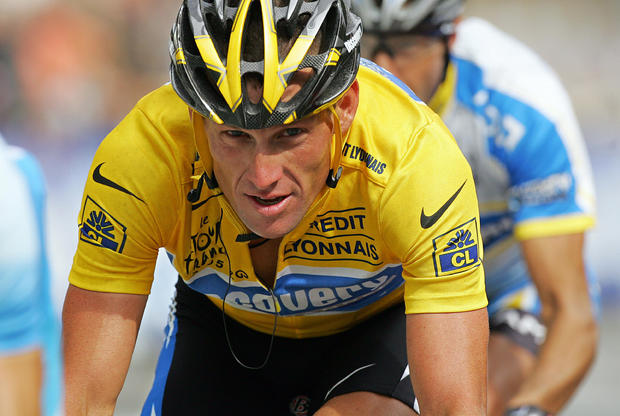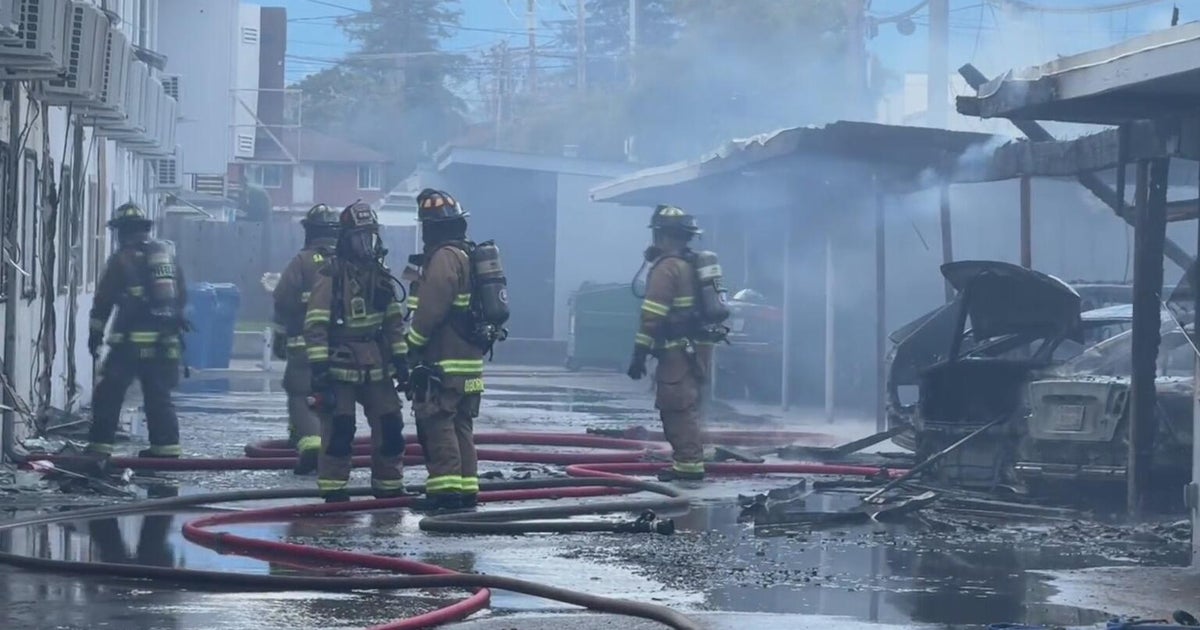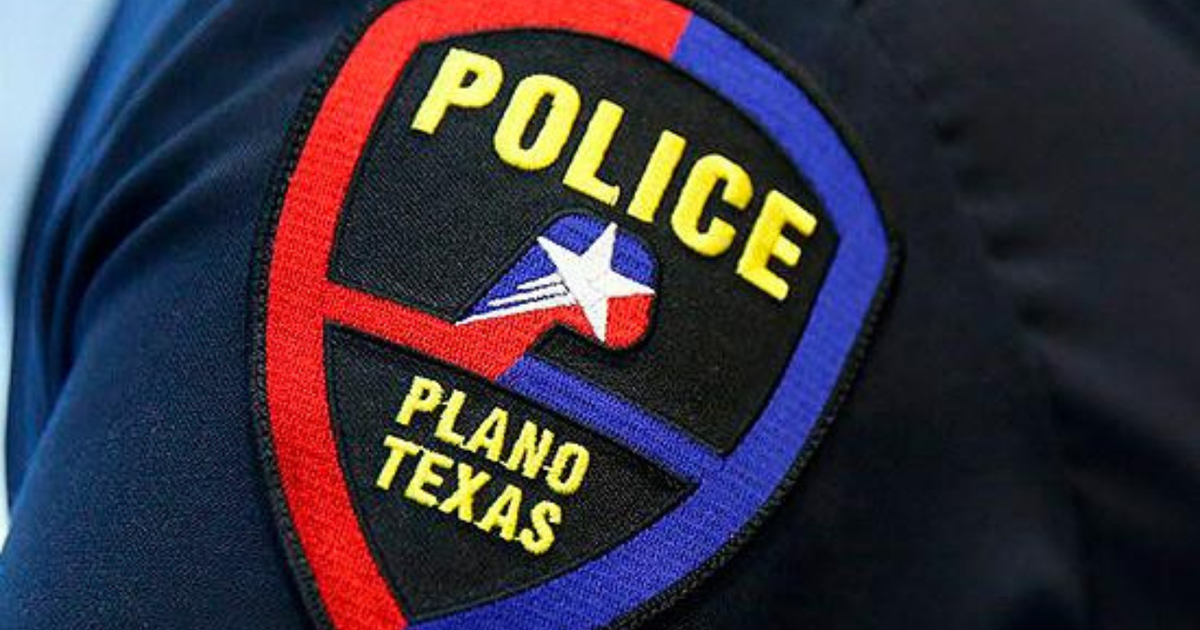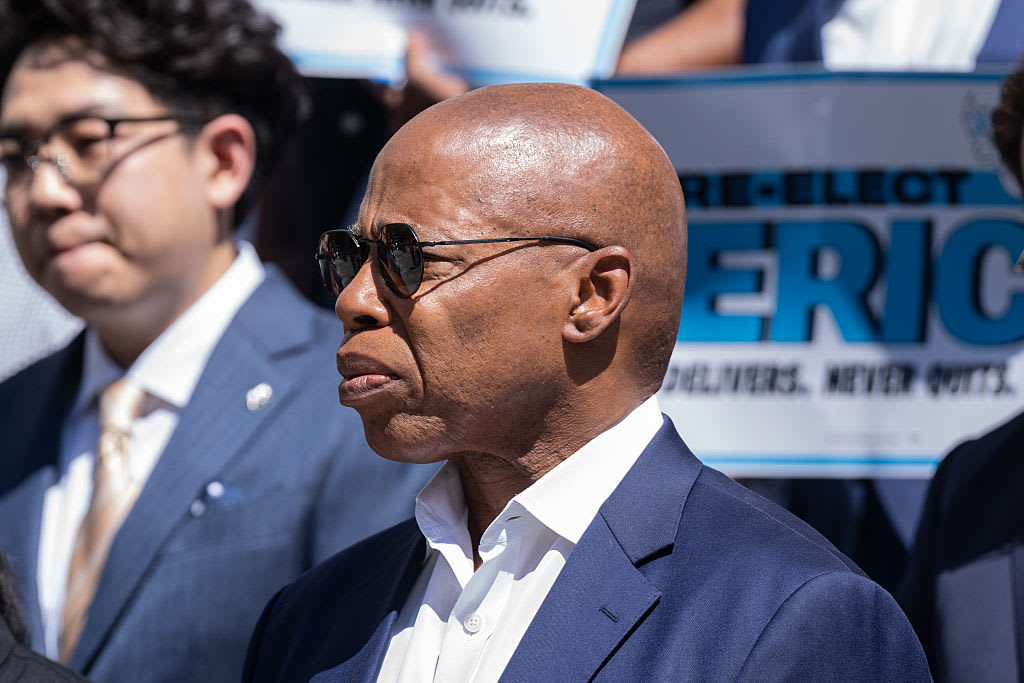The 60 Minutes report that helped reveal Lance Armstrong doping
For a time, Lance Armstrong was a sports legend, an exceptional athlete who beat cancer and went on to win the Tour de France a record seven times.
But Armstrong's story was a myth, his career propped up by illegal drugs and procedures designed to give him an advantage against his competition. While rumors had persisted about Armstrong for years, it was not until 2011 that a 60 Minutes report revealed the extent of Armstrong's doping.
At the time, a federal investigation was looking into Armstrong's use of performance-enhancing drugs. A grand jury had been hearing secret testimony from some of Armstrong's former teammates on the U.S. Postal Service team, including one of his most prominent support riders, Tyler Hamilton.
In a 60 Minutes interview, Hamilton told 60 Minutes correspondent Scott Pelley that Armstrong not only took performance-enhancing drugs, but he also encouraged his team to use them. An excerpt from that report can be seen in the video above.
"He took what we all took, really no difference between Lance Armstrong and I'd say the majority of the peloton, you know," Hamilton said. "There was EPO. There was testosterone. And I did see a transfusion, a blood transfusion."
EPO refers to erythropoietin, a banned hormone that regulates red blood cell production. The blood transfusions, also known as "blood doping," was another method some riders used to boost their red blood cells. In blood doping, which is banned by the sport's governing body, a rider gives his own blood, stores it, and then, at a critical point in a race, transfuses the blood back into his body.
Hamilton told Pelley he watched a transfusion going back into Armstrong's blood during the 2000 Tour de France race.
"But I was transfusing blood," Hamilton said. "And my teammate was. And I guarantee you every other team had probably two or three riders that were doing the same thing. I'd bet my life on it."
Armstrong had declined to speak with Pelley. After the report aired, Armstrong's lawyers demanded an on-air apology from 60 Minutes.
"In the cold light of morning, your story was either extraordinarily shoddy, to the point of being reckless and unprofessional, or a vicious hit-and-run job," Armstrong's attorney Elliot Peters wrote. "In either case, a categorical on-air apology is required."
CBS News stood by the report, saying in a statement: "Lance Armstrong and his lawyers were given numerous opportunities to respond to every detail of our reporting for weeks prior to the broadcast and their written responses were fairly and accurately included in the story. Mr. Armstrong still has not addressed charges by teammates Tyler Hamilton and George Hincapie that he used performance enhancing drugs with them."
In January 2013, less than two years after the 60 Minutes report aired, Armstrong admitted to doping during each of his Tour de France wins.




